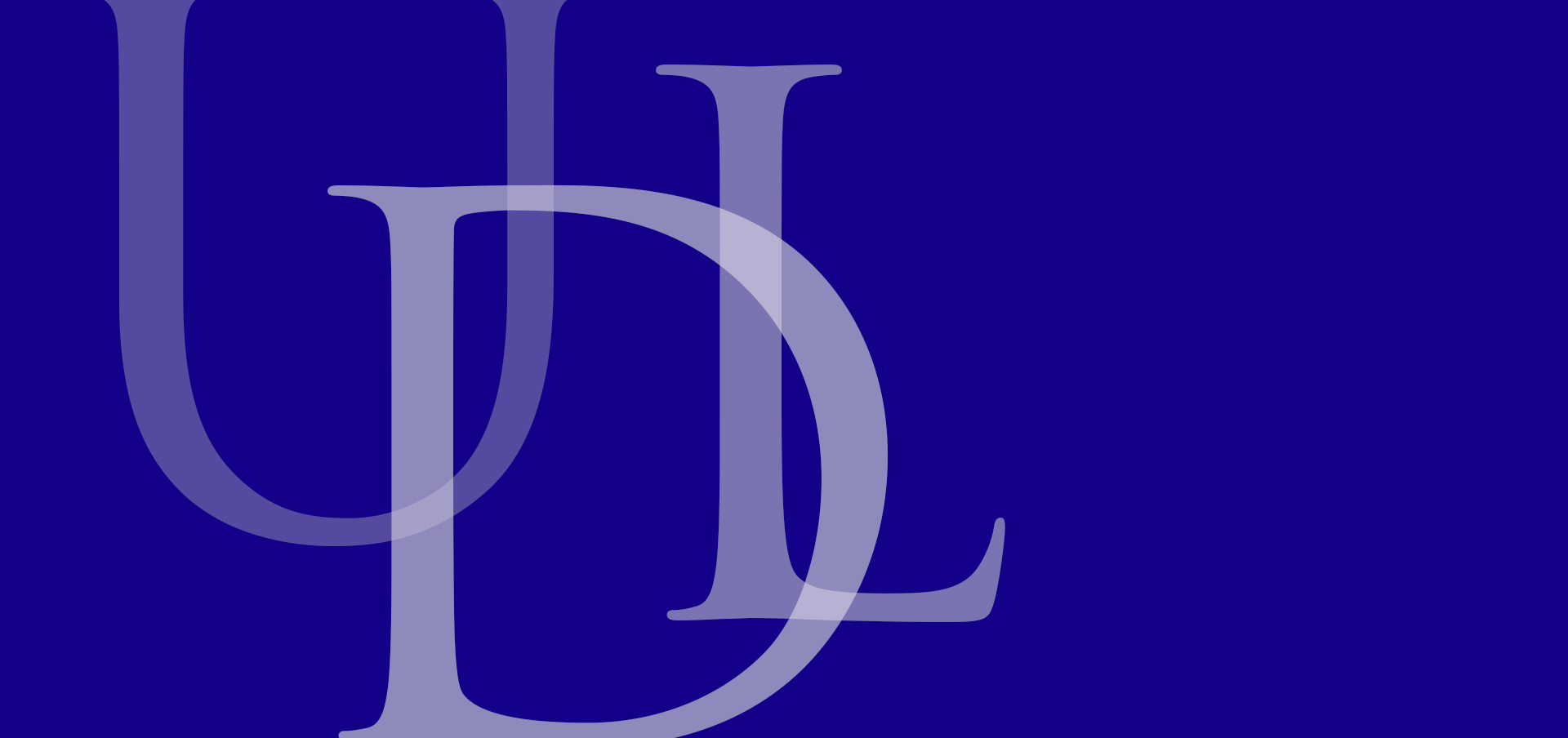Universal Design for Learning (UDL) is a framework to improve and optimize teaching and learning for all people based on scientific insights into how humans learn. In 2017, with support from the Davis Educational Foundation, Goodwin College established its first cohort of instructors to re-examine their teaching methods and to stretch themselves creatively in working with students of wide-ranging learning differences and educational experiences. Several of those instructors have agreed to be contributors to the Goodwin College blog.
Uncovering Purpose and Increasing Student Involvement
by Professor Lisa Wisniewski
Soon after I completed my dissertation, applications were being accepted to participate in the first Universal Design for Learning cohort at Goodwin College. As an educator who wants to continue to learn, I felt this was a perfect opportunity to work on my skills. I wanted to be a part of the first cohort so that I could learn more about UDL and have the opportunity to work with colleagues during the trainings.
My experience in the first cohort exceeded my initial expectations.
Before I participated in the course, my teaching was a mix of traditional methods and principles of UDL. I had been lucky enough to be introduced to UDL before this opportunity presented itself, but I was looking for practical ways to incorporate it into my teaching. I quickly learned that I was already using some of the UDL principles, and the course helped me to expand on this.
During our first few meetings, we discussed several principles. One in particular — “What is the purpose?” —focused on the purpose of the assignments, lectures, and activities that are included in coursework for students. While I always tried to be intentional in my teaching and course design, this question forced me to examine “purpose” on a deeper level. I spent the summer reflecting and working on the course with this framework in mind.
My teaching and course design have developed significantly since we began the UDL training in May 2017. I have redesigned some elements of the course to align with UDL principles and practices. In-class activities now relate more frequently to sociology, with students working in small groups to discuss sociological concepts and then reporting out to the larger group. This facilitates review and critical thinking about concepts discussed in the readings.
I have also revised some of my lecture materials. While preparing a presentation to the Goodwin College community in September, I decided to challenge myself by using PowerPoint slides as my only supporting materials. This was initially intimidating and made me realize how much I rely on words alone. Using only visuals would push me out of my comfort zone. Just because I am personally most comfortable with words does not mean all my students feel the same. I decided to make the change in lecture materials to reflect all the various preferences for receiving information in a classroom.
Since making the changes in my teaching style, I have received positive feedback from students, including suggestions about elements of the course. One specific example is to keep the quizzes but to allow for more opportunities to complete them, facilitating both repetition and review. I have also noticed that students have taken control of their learning through completing assignments early. The UDL approach takes the anxiety out of completing assignments and shifts the focus to learning. This change benefits not only students but faculty as well. My colleagues seem to be very interested in the changes that have been made, and a number of them have spoken to me about applying for the second cohort of the UDL course.
In the future, I hope to apply my knowledge of UDL principles to additional courses. I also hope that UDL becomes the standard in education. I can see the excitement that UDL has brought to Goodwin: students are more engaged in their courses than they have been in traditional learning situations, while colleagues have more opportunities to discuss best practices in teaching and the excitement they bring to the classroom.
I love the changes I am seeing with UDL. This movement is leading the way to the future of education, and I am thrilled to be a part it.
Lisa Wisniewski is an assistant professor of sociology at Goodwin College. She earned her doctorate from the University of Hartford and her research is focused on first-generation college students and immigrant students. She has presented her research regionally, nationally, and internationally.
Goodwin University is a nonprofit institution of higher education and is accredited by the New England Commission of Higher Education (NECHE), formerly known as the New England Association of Schools and Colleges (NEASC). Goodwin University was founded in 1999, with the goal of serving a diverse student population with career-focused degree programs that lead to strong employment outcomes.

